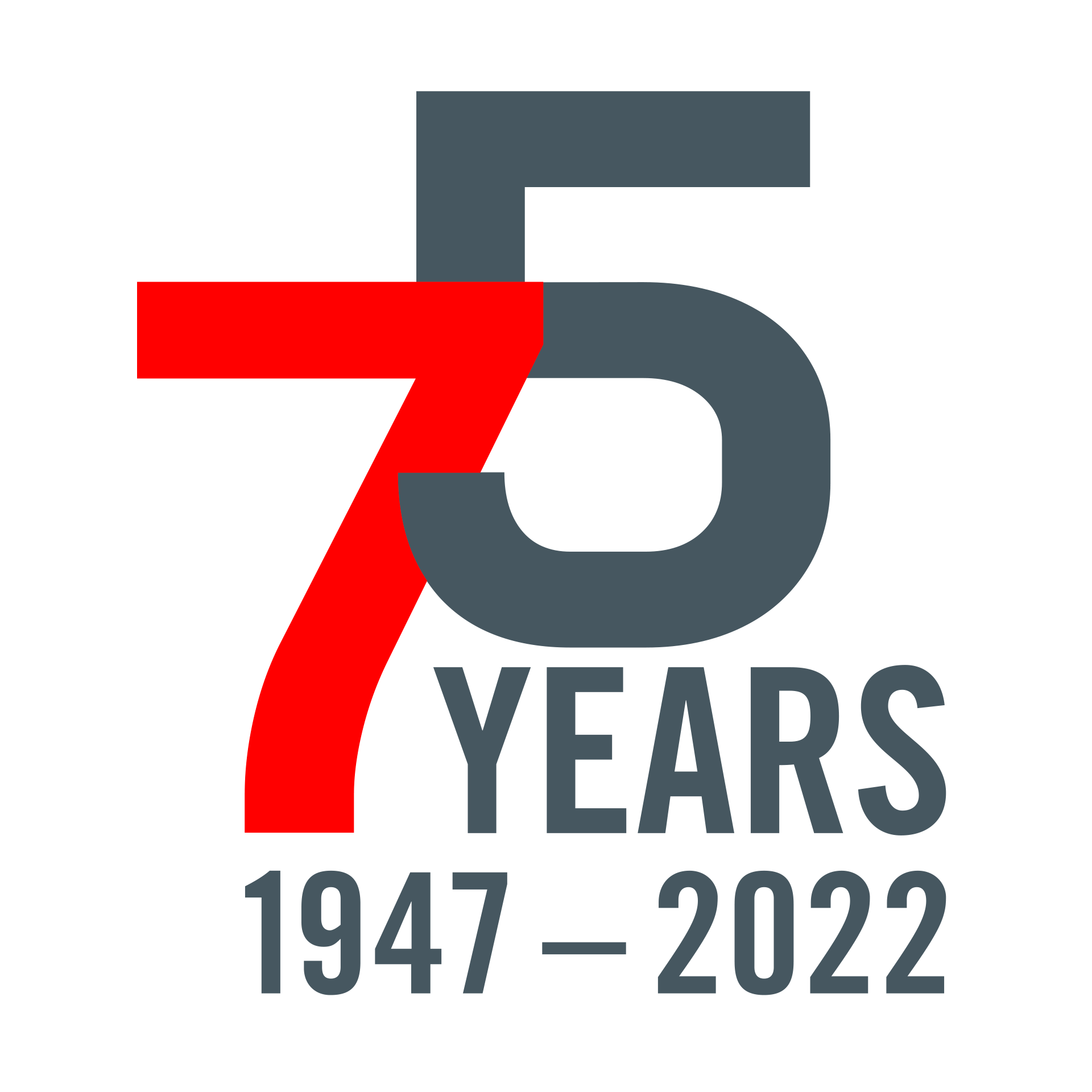For Richard Layton, Managing Director of packaging company Fromm Australia, 2017 was full of experimentation. He spent the year putting the company’s new US-built load stability machine to the test. “We’ve acquired a piece of equipment that simulates the conditions a pallet goes through during transport he explains. “It enables us to do in-house testing on load stabilisation and stress on load in transit – a first for the packaging industry in Australia.”
The technology allows Fromm to make a science of pallet building, stretch wrapping and load handling, and gives customers concrete advice on reducing material wastage and returns due to damage in transit.
“Manufacturers and supply-chain businesses hate returns and product damage cause they eat away at the bottom line ,” says Richard. “The industry average is around four per cent, and a lot of it can be improved simply by stretch wrapping their palletised goods correctly. – they don’t know how to do it.
“When you’re a large manufacturer, that translates to a huge amount of wastage from the goods you’re shipping across the country or overseas.”
He explains that Fromm uses its new equipment to tailor advice for secure shipping. “We look at the products our customers are currently wrapping, how they’re wrapping them and the trip to the end destination,” he says. “Then, using our new machine, we simulate the g-forces that would be experienced in transit.
“No other packaging company in Australia offers this kind of testing.”
Fromm takes the customer’s pallet, wraps it, places it onto the machine, and observes what happens when it’s tilted to simulate stresses of upto equivalent of 0.8 G . “If the contents move in our static test, this means the pallet’s contents could shift when the truck carrying it brakes abruptly, or goes round a corner,” says Richard. “This could spell damage for the pallet’s entire contents, which is an extremely expensive exercise.”
Fromm analyses the results of its g-force simulations and shows customers how to get loads to their destinations without damage, and in a more cost-effective manner.
“We can give the customer a report with our recommendations on how they should wrap a pallet,” says Richard. “It includes what kind of film they should use and what kind of stretch they need to apply on the stretch-wrapping machines to satisfy industry guidelines for shipping goods in Australia, which are set out in the National Transport Commission’s Load Restraint Guide.
After demonstrating the optimum wrapping method, Fromm sends its mobile wrapping test device out to its customer’s facility, to help them replicate the results achieved in the static environment with the Fromm Test Cube.
After 12 months of extensive in-house testing and collaboration with an industry partner experiencing load-stability problems, Fromm is now offering its diagnostic service to customers. “As a value-added service, it will give our customers and potential customers much more confidence,” says Richard. “Beyond that, it will also save them money by reducing their returns and making wrapping processes much more efficient.”
He notes that Fromm is proud to be at the forefront of the packaging simulation testing “breakthrough” in Australia. “Until now, load wrapping has always been based on historical film usage,” says Richard. “I don’t think that transporting goods should be guess, or luck – there should be a science behind it.”


 Sign up for special offers and details.
Sign up for special offers and details.